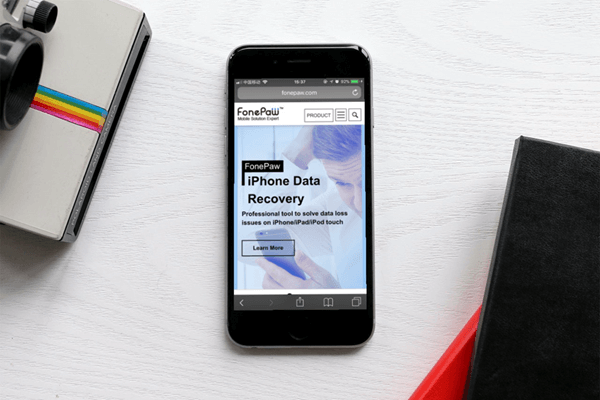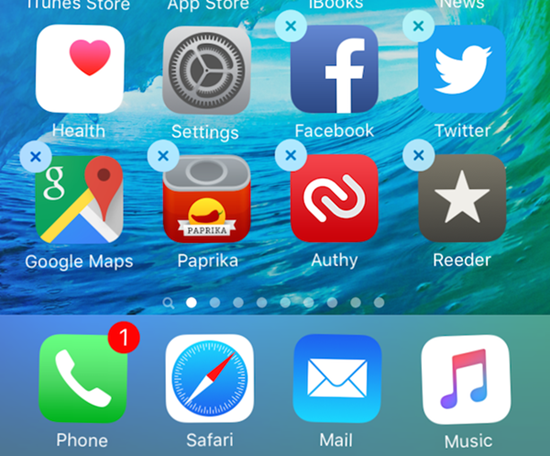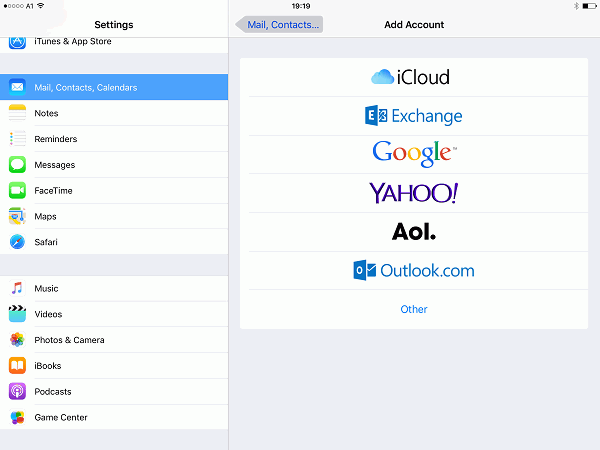How to Keep Your Phone Safe from Phishing Attacks
Cell phones are a great way to stay productive, and most employers know that their employees engage in work-related activities on their phones. In some cases, this work may even be required by the job needs. However, the smartphone of today is always at risk for phishing. Some employers invest in anti-phishing software for employees. Taking steps to protect yourself from phishing attacks is important.
How Does Phishing Work?
If you're not familiar with this term, you probably won't know how to protect yourself or your employees. Phishing refers to any scam where a criminal uses emails, phone calls, or other methods of contact to get access to important or confidential information. In short, this is a long-distance con.
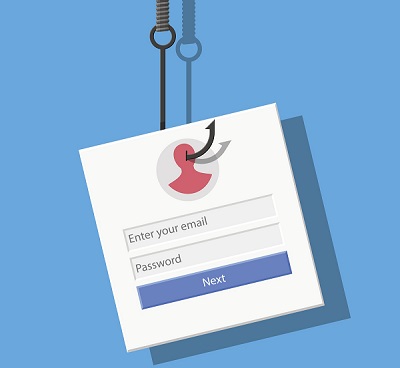
The end goal of most phishing scams is to gain access to a person's financial information, but they may have other goals as well. If you work with secure information, the goal may be to get industry secrets, insider information or similar protected information. Phishers often try to pass themselves off as a tax rebate from the IRS, your bank, a service provider, or a retailer that is offering you a discount.
Keeping Safe from Phishing
Anti-phishing software is a great way to protect businesses, and it will block many of the phishing attacks. However, in addition to this initial layer of protection, employees should also be aware of what they can do to protect their phones.
Using a virtual private network or VPN is a primary step. When your employees are traveling or just going about their daily lives, they will want to take advantage of free Wi-Fi. These are not usually secure networks and open people up to potential phishing. A small charge for a VPN is a step that anyone can take to keep themselves safe.
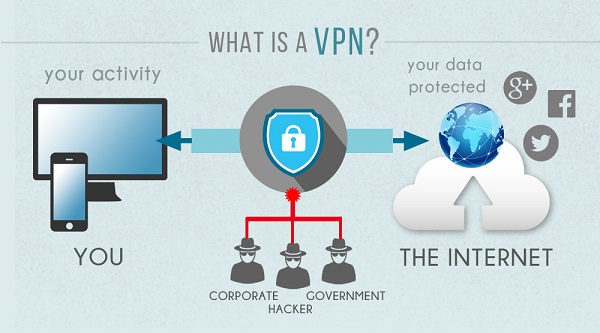
Password management is also essential for keeping secure. When it comes to password, many people use the same password or use a password management system. Some phone systems may have a program built-in, but you shouldn't put all of your security eggs in a single basket. Consider using another mobile password management program. These programs keep your passwords for bank accounts, work accounts, and other important accounts safer than just keeping it saved on your phone.
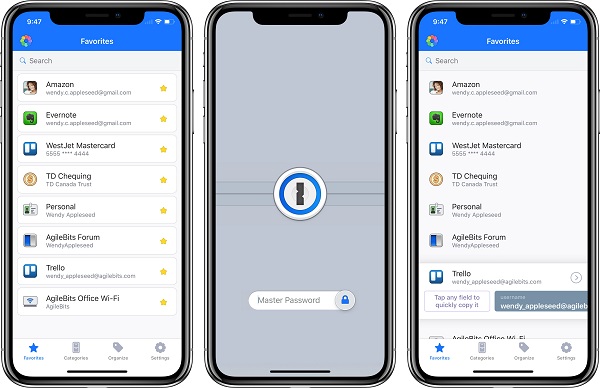
Uninstall Unused Apps
Although you should only have secure apps on your phone, every app has its own security problem. None of them can ever be completely safe which is why it's important to evaluate which ones you use. If you're not using an application on a regular basis, then you should delete it. The fewer program doors that you have on your phone, the less chances a phishing scam has of working. Think about this as having fewer doors into your house. Fewer doors mean fewer points of entry.
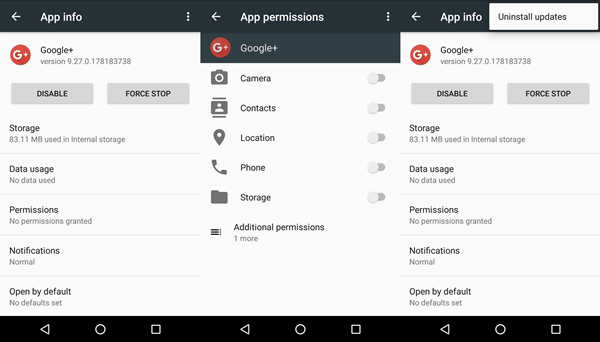
Turn on Caller ID
Although all phones have caller ID, you may not always be able to tell if you're getting a phishing call or not. Some carriers offer free services that will highlight calls that they believe are a scam. This is a simple way to prescreen your calls and be on the alert if something seems suspicious. If your phone doesn't have one built in, you may want to download one to keep your phone secure.
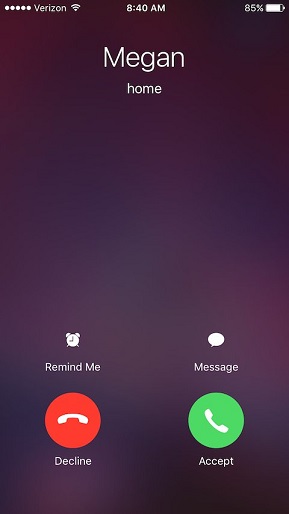
Final Thoughts
If you follow these suggestions, you'll keep your phone safer of course. It won't be perfectly safe, and you and your employees will have to still be vigilant. However, you'll be adding additional layers of protection which can make a big difference. Follow these simple but effective tips to increase phone security effectively and efficiently.



















